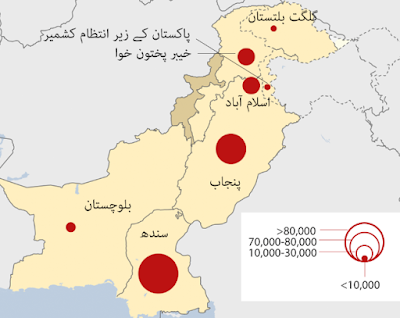THE ROLE OF WOMEN IN SOCIETY
The woman has always had a very important role in society since ancient times when she was in charge of the harvest and collection, in addition to the care of the family, over the years with the many battles she had to undertake, she demonstrated that her abilities went more beyond what was culturally imposed on them. Without neglecting their predominant role at home as trainers of human beings and eternal caretakers of their nucleus, they made their way in a frankly patriarchal and even macho environment, which although it did not facilitate their professional and academic development, did not prevent the imminent meeting of women in need of their active participation in all social aspects, such as economics, politics, academia, technology and science etc. consuming herself as an actor and no longer as a mere observer.

In ancient times women were considered the property of a man, first of the father and then of the husband, a step where the decision or the convenience of the family and not the will of the family intervened, which generated that they dedicated themselves entirely to the work of the family. home.
But decades later, with the great wars, women were allowed to work in factories because labor was needed since many men were fighting in the war and this led to a change for the gender and with all this it was no longer considered. weak sex.

All this leads us to the fact that women are today: wives, mothers, workers, administrators, professionals, among many other things. Women can study or work in what they like or are passionate about since women have earned their place in different areas: cultural, social, labor, political and even religious, to name a few, despite all the obstacles that the same society imposes on them since it was dominated. Women no longer play a single role because they are currently independent and autonomous, much of this also has to do with the economic situation of the country; already today, the workforce they constitute means not only their participation in the world of work, but also in job creation, with which we can observe the double role that they play, first in the home, but not least in their development and the economies of the countries.
On the other hand, women are no longer content to marry and have a family. Today they recognize the importance of their academic and work development, seeking with this to feel empowered and valuable, making their own decisions, being the head of the family but also of large companies. In this regard, ILO figures establish that the participation of women in the labor market is only 27 percentage points lower than that of men; For its part, the OECD reports that, on a global level, the number of women who perform unpaid work is 4.5 hours a day, more than double that of men. When women's unpaid work time is reduced by about three hours a day, their participation in the world of work increases by 20 percent. In the political sphere, until 2016 only 22.8 percent of parliamentarians were women, according to UN women. This tells us about the enormous gap that still exists for women, remember that even today there are multiple cases in which this gender earns less than the salary that men receive performing the same position. What does this tell us about society?
This is dangerous since studies have established that there is a correlation between gender equality and economic progress. Therefore, from politics it is necessary to experience the prevailing changes in women's participation in society and adapt to this intertwined and global world. In other words, women's access to all social, economic and academic spaces, but on equal terms with working men.
In conclusion, the woman of the 21st century is an empowered and free woman who decides if she wants to study, if she prefers to start a family, if she wants to live alone or with a partner, etc.
It is necessary to comment that although more efficient ways must be found, the divisive approaches sometimes related to the empowerment of women have no place. We must create a global, united, peaceful and just society, which requires that all segments of society in which approximately 50% of women can work for this purpose.







Comments
Post a Comment